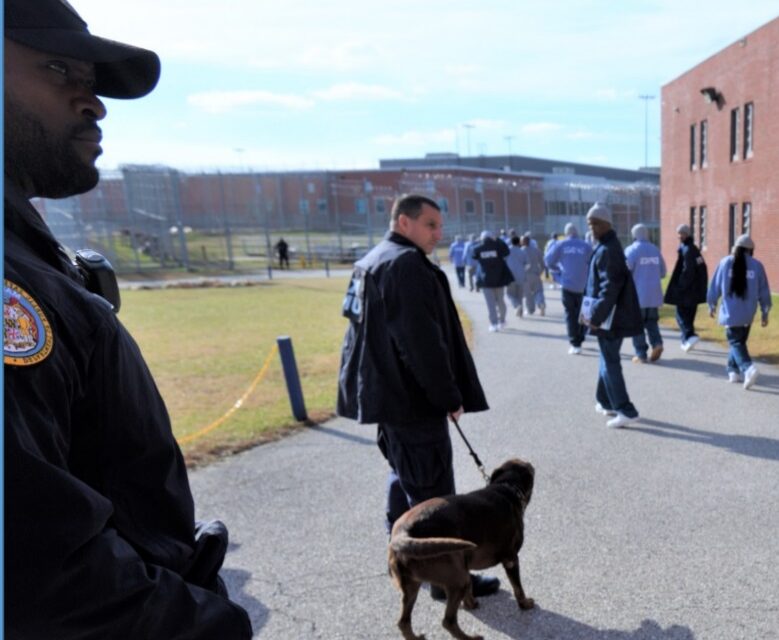In the last six months, three Baltimore MTA employees have been violently attacked, two fatally. That hardworking innocent public servants would fall victim to Baltimore’s rampaging violence should outrage us all and spur us to action to clean up Charm City’s streets.
Baltimore City Sen. Cory McCray and his fellow progressive Sen. Jeffrey Waldstreicher of Montgomery County want to increase the penalty for those who attack and injure public transit employees to be a felony (up from a misdemeanor) and have introduced SB 91 to do just that.[1]
The question the bill raises, however, is obvious: If progressive legislators truly believe that increased criminal penalties do work as a deterrent, why are they so resistant to increasing penalties for more serious and widespread violent crime? Either tough sentencing rules deter and punish violent crime or they don’t – they can’t have it both ways
While the intent of the legislation is good – to deter assaults of bus, train, and light rail operators in the same way that assaults of law enforcement officers, fire and EMS workers are currently deterred – all violent and gun crime needs to be deterred
Stopping the daily drumbeat of murders and shootings in Baltimore and, increasingly, in Prince George’s County should be priority number 1 every day and all for the city council and state legislature by deterring it in the first place.
But in 2017, the Baltimore City Council rejected a proposal to deter handgun violations by imposing a very modest one-year minimum sentence. Council members who opposed the bill, including then-Councilman Brandon Scott, felt that increased penalties do not work to deter violations.
Last session Democrats in the General Assembly opposed Governor Hogan’s Violent Firearms Offenders Act that would have increased penalties for those who use firearms in crimes of violence and for repeat gun crime offenders. The Maryland State Senate overwhelming (43-4) passed the measure with nearly every Democratic voting for it – Sen. Cory McCray and three other progressives.
It died in the House of Delegates after Speaker Adrienne Jones explained there are already plenty of laws already on the books and the problem of violent crime will not be solved by criminal enforcement alone.
That may be true but judges and prosecutors have failed to enforce predictable and consistent accountability for violent offenders. Statewide in 2019, only a tiny fraction of gun offenders went to prison according to the General Assembly’s own analysis. A mere 17% of charges for “felon in possession of a firearm,” a proven precursor to violence, resulted jail time.
Deterrence cannot work if criminals never face consequences. By proposing their bill, McCray and Waldstreicher acknowledge that deterring such violence through strong penalties and stiff consequences is an effective strategy.
Next, the Maryland General Assembly and Baltimore City Council should extend those protections against violent assaults to all Marylanders and ensure those laws are fully enforced.




Recent Comments